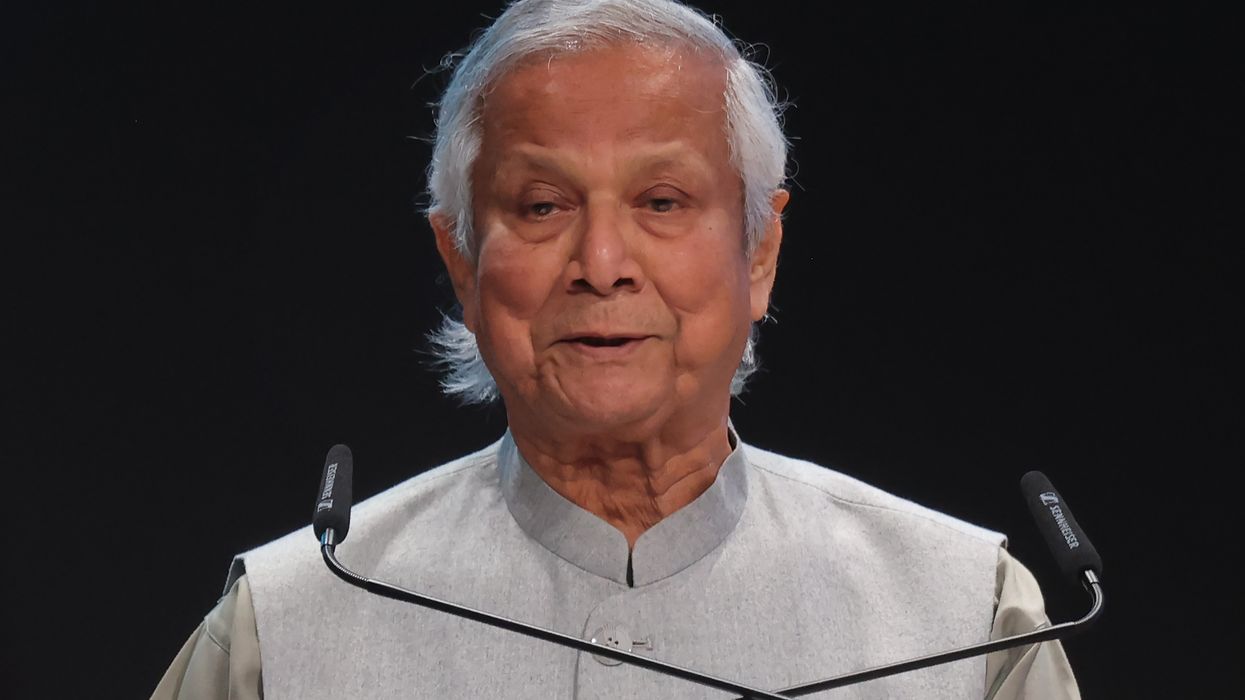BANGLADESH’s interim leader Muhammad Yunus announced on Monday that general elections are expected to take place by the end of 2025 or in early 2026. Yunus, who leads the caretaker government formed after the August revolution, made the statement during a broadcast on state television.
Yunus, an 84-year-old Nobel Peace Prize laureate, was appointed “chief adviser” following the student-led uprising that ousted former prime minister Sheikh Hasina. He is overseeing the temporary administration tasked with restoring democratic institutions in the country, which has a population of around 170 million people.
“Election dates could be fixed by the end of 2025 or the first half of 2026,” Yunus said, while stressing that the timeline depends on political consensus and the completion of necessary reforms.
Hasina fled to India on 5 August after protesters stormed the prime minister’s palace in Dhaka. Hundreds were killed during clashes in the lead-up to her ousting, many of them by police gunfire. Reprisal killings targeting members of Hasina’s Awami League party claimed additional lives shortly after her government fell.
Hasina’s administration faced allegations of widespread human rights abuses, including extrajudicial killings, mass detentions, and politicising institutions like the judiciary and civil service. Her government also faced criticism for suppressing opposition and holding elections that were widely condemned as unfair.
Reform before elections
Yunus has prioritised electoral reforms before holding polls and said these efforts would involve updating voter lists and addressing challenges created by years of political turbulence.
“Throughout, I have emphasised that reforms should take place first before the arrangements for an election,” Yunus said. He added that if political parties agree to proceed with limited reforms, elections could be held by the end of 2025. Full implementation of reforms might delay polls slightly, he noted.
Updating the voter list is a key challenge, requiring the removal of false entries and the registration of first-time voters in a country with a rapidly growing youth population, Yunus explained. He said he aims to achieve 100 per cent voter turnout, adding, “If this can be achieved, no government will ever dare to strip citizens of their voting rights again.”
Bangladesh last held general elections in January, a vote boycotted by opposition parties and criticised as neither free nor fair. Opposition groups like the Bangladesh Nationalist Party (BNP) are now regrouping after years of suppression under Hasina’s rule.
Yunus has also pledged to bring those responsible for abuses during Hasina’s government to justice. His administration has issued an arrest warrant for the former prime minister.
(With inputs from AFP)




